The Fourth Estate (2018)
Gênero : Documentário
Runtime : 1H 38M
Director : Dieter Fahrer
Escritor : Dieter Fahrer
Sinopse
The Internet has changed everything, also for journalism: business models are falling by the wayside, news is available for free, anywhere and at any time.
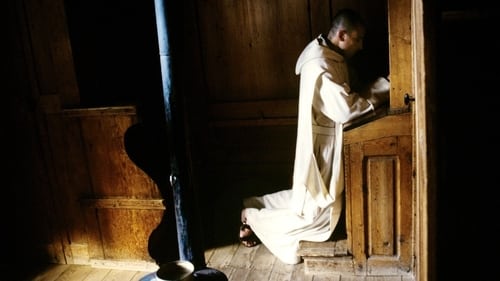
"O Grande Silêncio" é o primeiro filme sobre a vida interior da Grande Chartreuse, casa mãe da Ordem dos Cartuxos, uma meditação silenciosa sobre a vida monástica. Dezessete anos depois de ter pedido autorização para filmar no mosteiro, é dada autorização para entrar ao realizador, que filmará a vida interior dos monges cartuxos. Sem música à exceção dos cânticos do mosteiro, sem entrevistas, nem comentários, ou artifícios. Evocam-se unicamente a passagem do tempo, das estações, os elementos repetidos incessantemente durante o dia ou as orações. Um filme sobre a presença do absoluto e a vida de homens que dedicam a sua existência a Deus. O filme ganhou os Prêmios de Melhor Documentário no Festival de Sundance e nos Prêmios Europeus do Cinema.
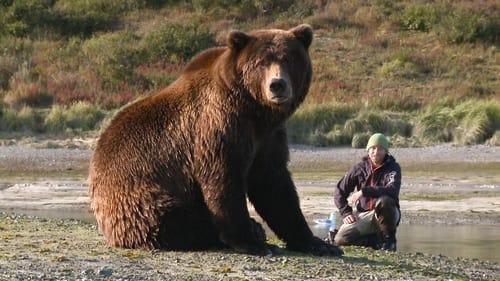
At the far end of the Alaskan peninsula, for filmmaker Roman Droux a childhood dream comes true. He discovers together with the bear researcher David Bittner the universe of wild grizzlies. The two adventurists face bears at smelling-distance, experience the struggle for survival of a bear family and witness dramatic fighting scenes. Driven by a desire to explore the unknown the film tells a personal story of wilderness, framed in breathtaking pictures of unique creatures.

A documentary. David Sieveking takes the advice of his idol, David Lynch and tries out Maharishi Mahesh Yogi's transcendental meditation technique.
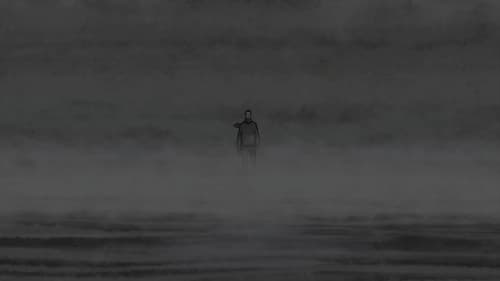
Croácia, 7 de janeiro de 1992. Durante a guerra, o corpo de um jovem jornalista é encontrado com o uniforme de um grupo mercenário internacional. Dezenove anos mais tarde, sua prima Anja Kofmel investiga essa história para tentar compreender o papel dele no conflito.
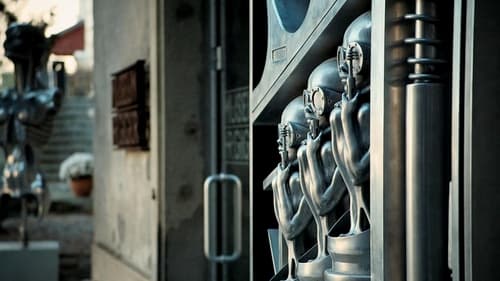
An account of the life and work of Swiss painter, sculptor, architect and designer H. R. Giger (1940-2014), tormented father of creatures as fearsome as they are fascinating, inhabitants of nightmarish biomechanical worlds.
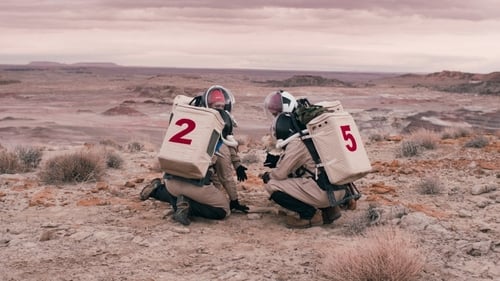
Above and Below is a rough and rhythmic roller coaster ride seating five survivors in their daily hustle through an apocalyptic world. A journey of challenges and beauty in uncomfortable places: Rick & Cindy, Godfather Lalo in the flood channels deep down under the shiny strip of Sin City. Dave in the dry and lonesome Californian desert and April in simulation for a Mars mission in the Utah desert. Through the hustle, the pain and the laughs, we are whisked away to an unfamiliar world, yet quickly discover the souls we encounter are perhaps not that different from our own.
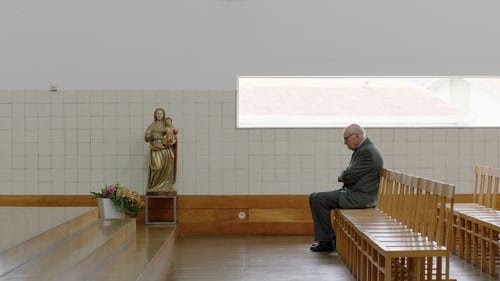
How can structures, which take up defined, rigid portions of space, make us feel transcendence? How can chapels turn into places of introspection? How can walls grant boundless freedom? Driven by intense childhood impressions, director Christoph Schaub visits extraordinary churches, both ancient and futuristic, and discovers works of art that take him up to the skies and all the way down to the bottom of the ocean. With the help of architects Peter Zumthor, Peter Märkli, and Álvaro Siza Vieira, artists James Turrell and Cristina Iglesias, and drummer Sergé “Jojo” Mayer, he tries to make sense of the world and decipher our spiritual experiences using the seemingly abstract concepts of light, time, rhythm, sound, and shape. The superb cinematography turns this contemplative search into a multi-sensory experience.
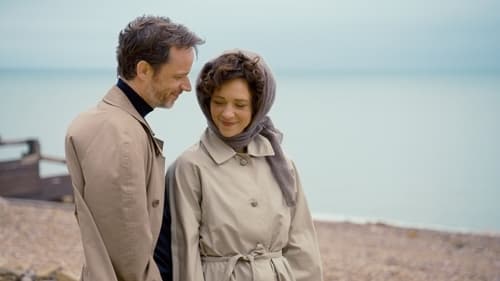
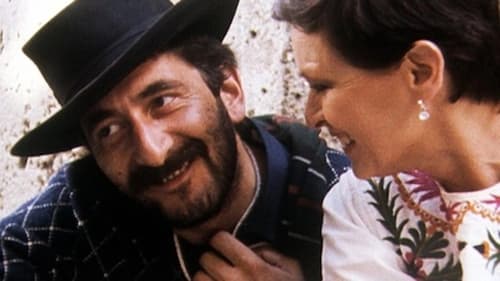
When director Daniel Schmid grew up, his parents ran a hotel in the Alps, and this singular setting was to influence his film. Rather by coincidence he came to Berlin in the early 1960s and became part of the new German wave. Schmid worked with, among others, Wenders and Fassbinder, for example as an actor in Wender’s The American Friend. He met Ingrid Caven, who was to play a diva in several of his films. This is a documentation of a part of modern European film history and a good analysis of artistry and how it corresponds to the individual behind the camera. A wealth of archival footage brings us close to many directors and actors in Schmid’s circle. If you’ve never seen a Daniel Schmid film, you are sure to want to after watching this portrait of his life.
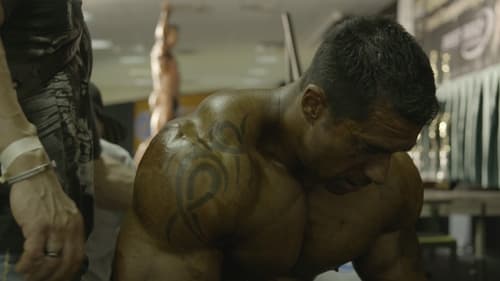
(Re)immersing himself in body building, David Nicolas Parel endeavours to follow his younger brother as he trains for the Arnold Classic – Arnold, from the famous Austrian/American actor and politician. Convinced he is the one who inspired this passion, he worries about the risks this sport has on his brother’s health and aspires to strengthen their now strained bond. A film on the edge.
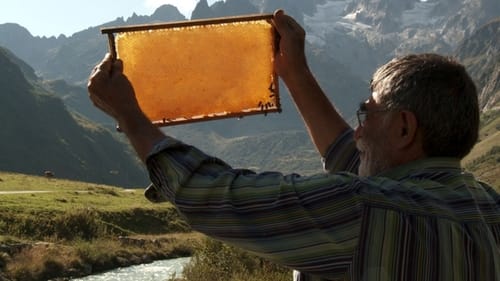
A documentary about Ibrahim Gezer, who escaped from war in Kurdistan to Switzerland. All is lost, except his love for beekeeping.
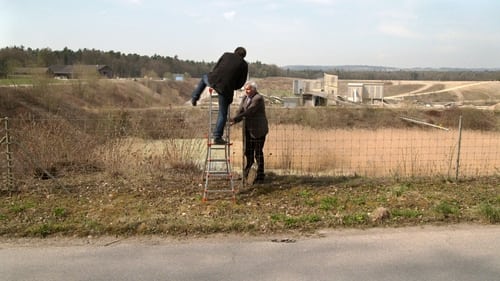
Over 350,000 tons of highly radioactive waste and spent fuel rods are in temporary storage on site at nuclear power complexes and at intermediate storage sites all over the world. More than 10,000 additional tons join them every year. It is the most dangerous waste man has ever produced. Waste that requires storage in a safe final repository for hundreds of thousands of years. Out of reach of humanity and other living creatures. The question is, where? Together with Swiss-British nuclear physicist Charles McCombie, who has been searching for a safe final storage site for highly radioactive nuclear waste for thirty-five years, director Edgar Hagen investigates the limitations and contradictions involved in this project of global significance. Supporters and opponents of nuclear energy struggle for solutions whilst dogmatic worldviews are assailed by doubt

Since the conflict in Darfur spread to the eastern border regions of Chad in 2005, some 13,000 people fled from this region to the refugee camp near the village of Gouroukoun. For them, the war is never far off. Many of these traumatised refugees have lived here for years, with little food, no work and no prospect of returning home. Zuchuat took his camera to the camp and captured their uncertain existence without providing any comment. He captures the refugees' arduous daily life in long shots, often from a single angle. They all have their own stories of how they ended up here, how they saw their families and fellow-villagers perish and no longer have any work, cattle or land. Another striking story is told by a child that uses a drawing to explain how he was chased away from his native village. Little girls sing a battle song while waiting for what comes next in this prison without bars.

In their very own ways, scientists, artists and wandering souls search in the inhospitable and mythical desert landscape for the meaning of life.

A documentary film about Tibetan traditional medicine.

An analysis of the current state of democracy in Switzerland

What Swiss director Stefan Schweitert did for accordion music and for yodeling (Accordion Tribe, Cinequest, 2005; Echoes of Home, Cinequest 2008) he now does for traditional Balkan music. This wonderful film is also a love story – and a door into a world of musical wonders.

The film about Max Bill (1908-1994) moves between the dynamic fields of art, aesthetics and politics. Max Bill was probably the most important swiss artist of the 20th century and the most famous student to come out of the legendary Bauhaus in Dessau. He was an ardent anti-fascist and all his avant-garde work as an artist, sculptor, architect and typographer showed a social responsibility and environmental awareness right through his life. His views have become incredibly topical.

Between 1947 and 1951, more than 80 000 Greek men, women and children were deported to the isle of Makronissos (Greece) in reeducation camps created to ‘fight the spread of Communism’. Among those exiles were a number of writers and poets, including Yannis Ritsos and Tassos Livaditis. Despite the deprivation and torture, they managed to write poems which describe the struggle for survival in this world of internment. These texts, some of them buried in the camps, were later found. «Like Lions of stone at the gateway of night» blends these poetic writings with the reeducation propaganda speeches constantly piped through the camps’ loudspeakers. Long tracking shots take us on a trance-like journey through the camp ruins, interrupted along the way by segments from photographic archives. A cinematic essay, which revives the memory of forgotten ruins and a battle lost.





















